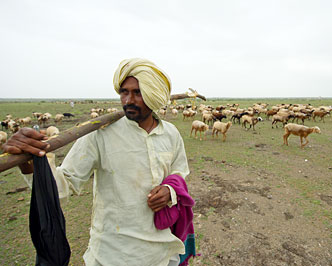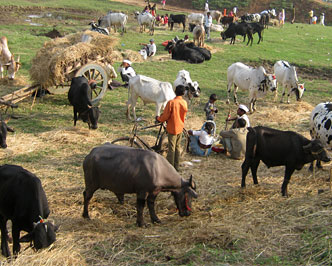Towards Gender Equity in Agriculture , Persisting Concerns and Challenges
Concerns over the ‘feminisation of agrarian distress’ and the multiple challenges that impinge on farming women cannot be addressed without sustained attention from activists, practitioners and researchers, on the one hand, and from administrators and policy-makers, on the other. Working together is necessary to create the synergy to move forward.
Yet, doing ‘gender’ in the field cannot be separated from internalising gender by individuals and within organisations and institutions. Being sensitive to gender issues and insensitive say to caste discrimination cannot be the way forward. Equity cannot be ensured unless the focus shifts from gender to the intersection and aggregation of discriminations, gender with tribe/caste-class etc.
The lives of women farmers and farm labourers are complex. Public attention is drawn by physical acts of violence that women are subjected to, acts of violence that are categorised as crimes under Indian laws. But the systemic violence that is embedded in the structure of rural society is manifested day-in and day-out, every day. Violence against women must not be viewed as a single aberrant act but as a layered continuum through the socio-economic fabric of society, exasperating agrarian distress.
Thirty years on from the stirring Beijing Declaration, we need to reaffirm and redefine our goals and collectively seek strategies for action towards gender equity, sustainable development and peace.




